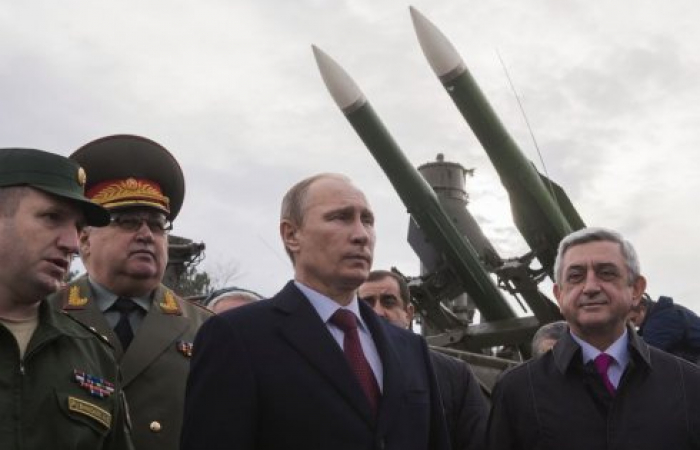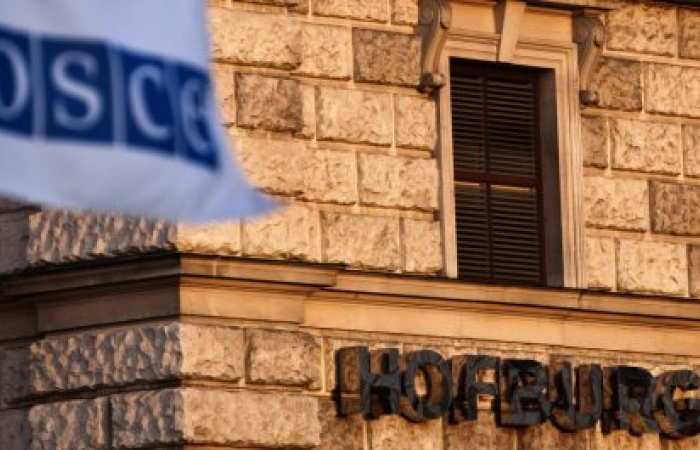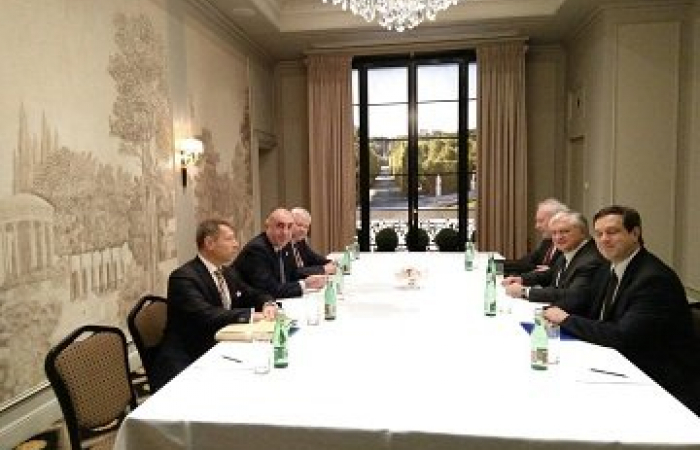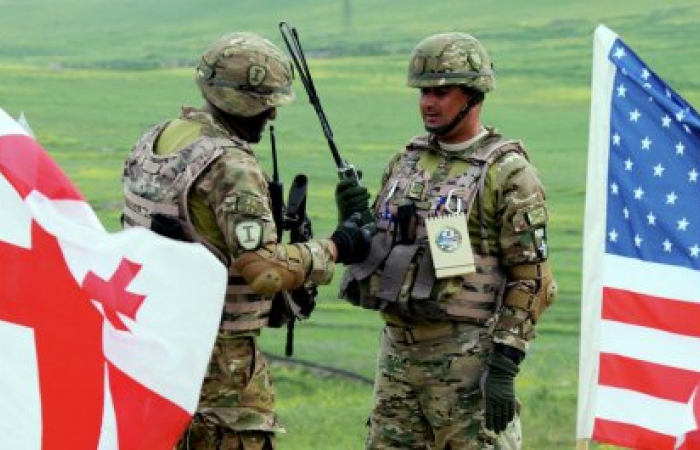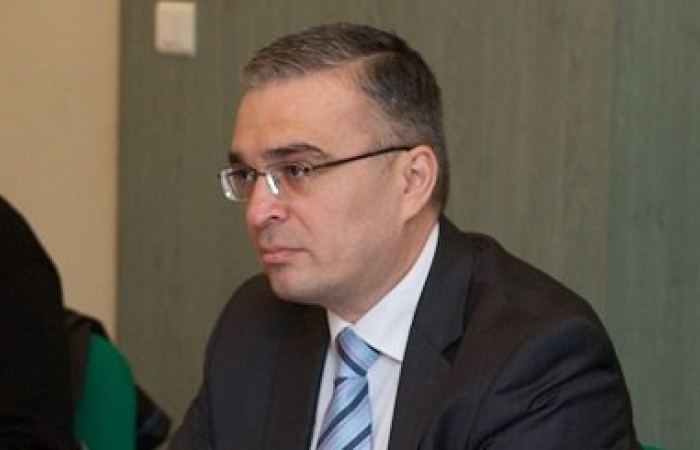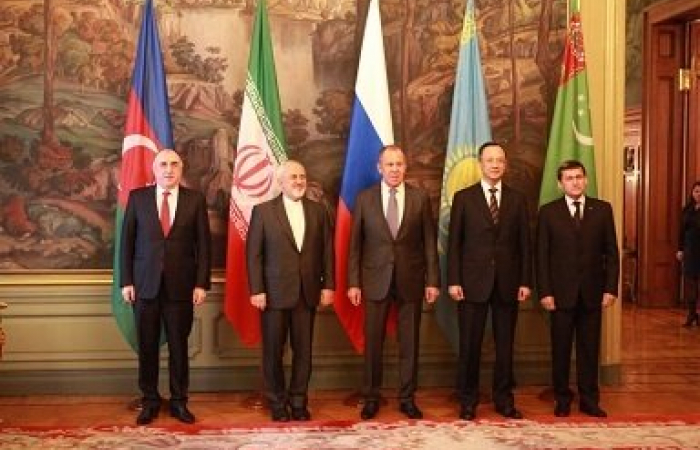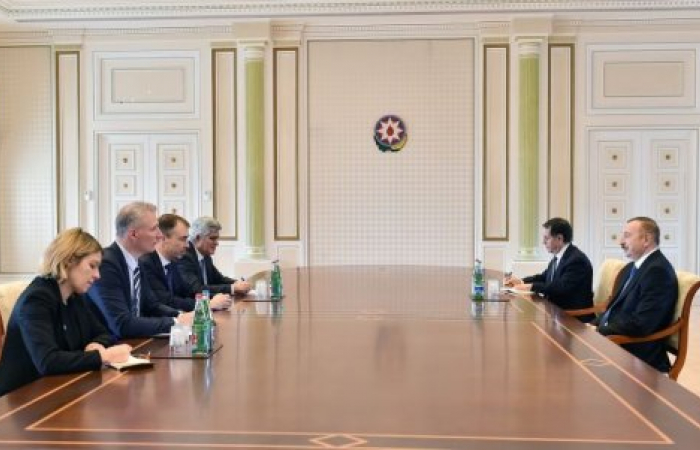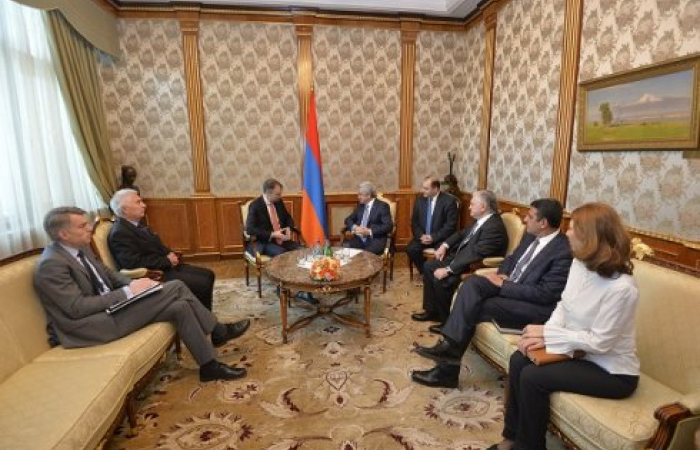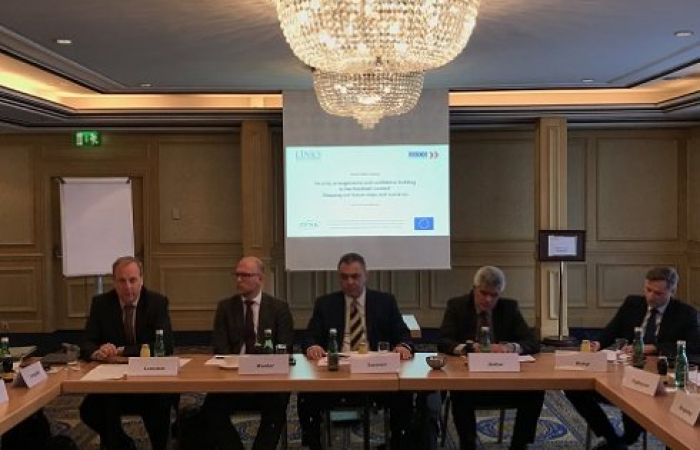Trending
Putin remains focused on "near abroad". The Russian leader will meet the leaders of CIS countries in St Petersburg next week
20 December 2025
Russian President Vladimir Putin remains focused on the "near abroad". Tomorrow and on Monday (21-22 December) Putin will attend a meeting of the Supreme Eurasian Economic Council and an informal meeting of CIS leaders in St. Petersburg.
The Kremlin press service reported that during the EAEU meeting, the leaders plan to discuss current issues related to the EAEU's activities, outline guidelines for further deepening integration processes and developing the Union's single market, and approve a number of significant documents and decisions.
Furthermore, at Vladimir Putin's initiative, the traditional informal meeting of the leaders of the Commonwealth of Independent States will take place in St. Petersburg on December 22. The Russian President will also hold bilateral discussions with the leaders of a number of countries.





